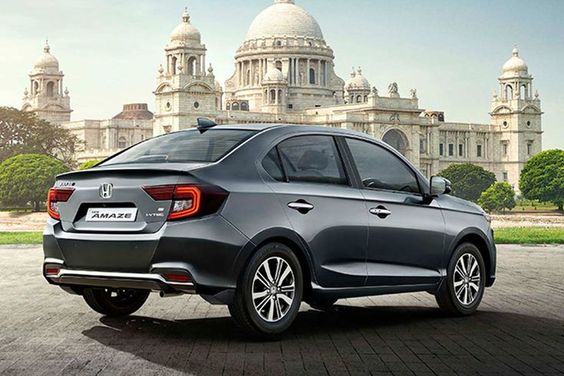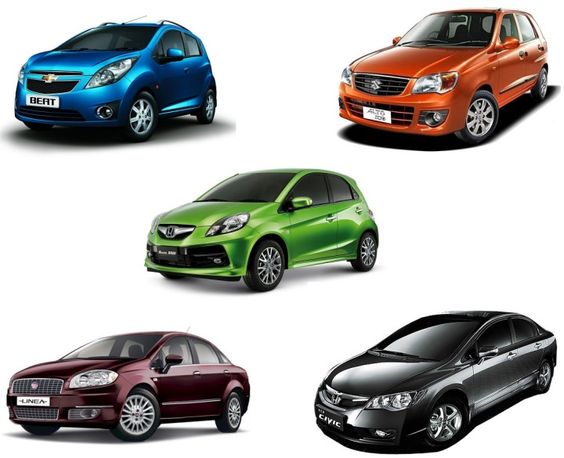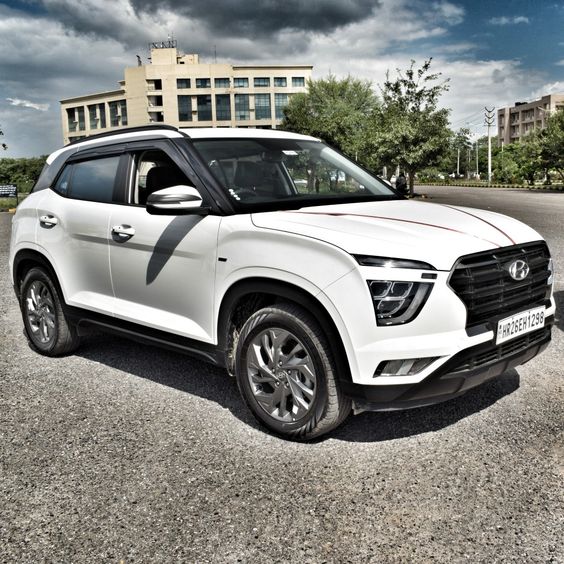In India, cars have become an integral part of daily life, providing convenience and mobility to millions of people across urban and rural areas. Several factors influence the popularity of cars in the Indian market, including fuel efficiency, affordability, brand reputation, and the ability to navigate diverse terrains.
One of the most significant trends in India’s automotive sector is the growing demand for compact and fuel-efficient cars. Given the congested traffic conditions in many Indian cities, smaller cars are often preferred for their maneuverability and ease of parking. Maruti Suzuki, a subsidiary of Japanese automaker Suzuki, has been a dominant player in this segment, with models like the Alto, Wagon R, and Swift enjoying widespread popularity.

Fuel efficiency is a critical consideration for Indian consumers, given the fluctuating fuel prices and the desire for cost-effective transportation. This has led to the increased adoption of hatchbacks and compact sedans that offer impressive mileage. Cars from manufacturers like Hyundai, Tata Motors, and Honda have also gained traction, providing consumers with a variety of options in different price ranges.
SUVs (Sports Utility Vehicles) have witnessed a surge in popularity in recent years. Indian consumers are increasingly drawn to the robust design, higher ground clearance, and spacious interiors that SUVs offer. Mahindra & Mahindra, Tata Motors, and Hyundai have introduced successful SUV models like the Mahindra Scorpio, Tata Harrier, and Hyundai Creta, catering to the preferences of those seeking a more commanding and versatile driving experience.

The electric vehicle (EV) segment has been gaining momentum in India, driven by environmental concerns and government initiatives promoting sustainable transportation. Companies like Tata Motors, MG Motor, and Mahindra Electric have launched electric cars to tap into this emerging market. The Tata Nexon EV and MG ZS EV are among the popular electric models contributing to the country’s transition toward cleaner mobility.
In recent years, safety features have become a key consideration for Indian car buyers. With a growing awareness of the importance of safety, manufacturers are incorporating advanced safety technologies such as airbags, ABS (Anti-lock Braking System), and crash-resistant structures into their vehicles. This trend aligns with global standards and regulations, indicating a positive shift towards prioritizing the well-being of occupants.

The Indian automotive industry has also witnessed a rise in the adoption of connected car technologies. Features like infotainment systems, smartphone connectivity, and advanced navigation options are becoming increasingly common, catering to the tech-savvy preferences of modern consumers.
It’s worth noting that the Indian automotive market is subject to rapid changes influenced by economic factors, government policies, and evolving consumer preferences. As of my last update in January 2022, the information provided here offers a snapshot of the prevailing trends in the Indian car market, but there may have been developments or shifts in the industry since then.


